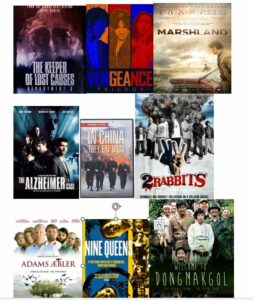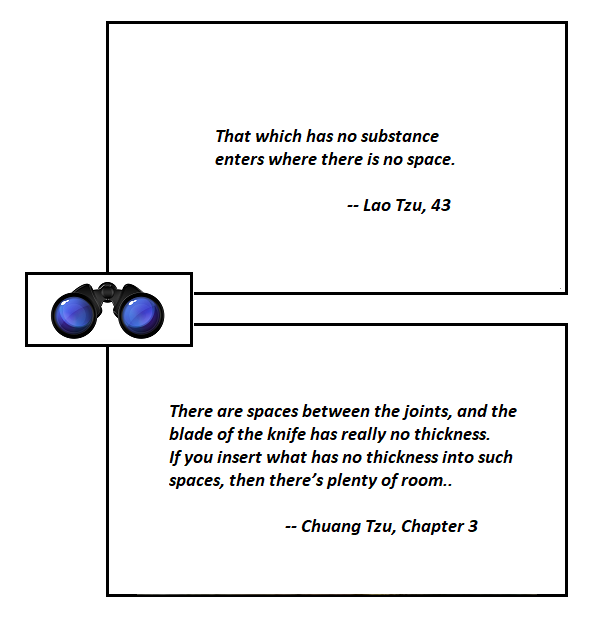
“It was not the best of times , it was the worst of times , it was not the season of light , it was the season of darkness , it was not the spring of hope , it was the winter of despair ” I am talking about the 2020-2021 period when the world was battling Covid.. Like the rest of the world I too was stuck in my house , hearing bad news after other and trying to put on a brave face . Cricket briefly for a few months , the great India tour of Australia ending with the great heist at Gabba gave us moments of great joy but such events were few and far in between.
It was in this background that , for my motley set of old classmates and fellow “Cricket Tragics” as we called ourselves had a blast , thanks to Bansi ( Ajay Bansiwal) one of our founding members , who took us through a masterclass of World Cinema. He is a movie buff , one of the lucky few whose day job also involves movies and he has a treasure trove of great world movies – that were non English and Non Indian Language and gave us a sampling of great movies across various languages – Korean , Scandinavian , European and such. These were not “High Brow” art movies , in the situation that we were with near and dear and friend and colleagues all suffering , all of us needed some escapist fantasy without compromising on our aesthetics. So the movies Bansi recommended were not sad or serious movies even though they took upon real and serious issues but always in a entertaining “masala” way or as a black comedy. These are all as Desi or Indian as movies can be only in languages and cultures that are vastly different from us. Sort of gives us the reaffirmation that human emotions are rather universal !
In this podcast , Bansi and I talk about 15-20 such movies in no particular order of priority – the only common theme being , we enjoyed watching all of these possibly the most. These range from hard core violent Revenge movies to Slow Burn Crime Thrillers set in Argentina to absurdist black comedies and some picture perfect French work of art movies ! We have tried not to share spoilers in most cases and hope to hook you enough to make you search for these movies and have as much fun seeing them and discussing them as we had . These prove that a good yarn well narrated is always engrossing whatever language it be in or the culture or country it is based in !
The Movies discussed are
Sympathy for Mr Vengeance – Korean
Oldboy – Korean
Lady Vengeance – Korean
Memories of murder – Korean
Barking dogs never bite – Korean
I saw the devil – Korean
Welcome to Dongmakdol – Korean
Secretly Greatly – Korean
In China they eat dogs – Danish
Adam’s apples – Danish
Department Q series -Danish
The Alzheimer case – Dutch – Belgian Movie
Micmacs – French
Welcome to the Sticks – French
The band’s visit – Arabic/Hebrew – Israeli Movie
Marshland – Spanish
Nine Queens – Spanish – Argentinean Movie
Killing Cabos – Spanish Mexican Movie
Two rabbits – Portuguese – Brazilian Movie
The man who copied – Portuguese – Brazilian Movie
![Flashman and the Cobra (Adventures of Thomas Flashman Book 2) by [Robert Brightwell]](https://m.media-amazon.com/images/I/51JWkWj2quL.jpg)




